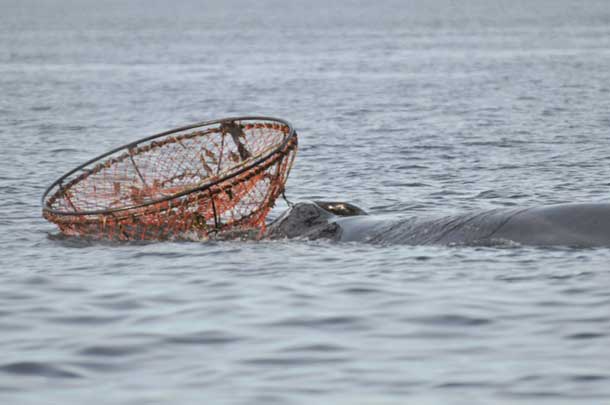
WINNIPEG – WWF hails Manitoba’s first provincial Beluga Habitat Sustainability Plan, to be released today, as an encouraging step to protecting vital beluga habitat in Canada.
In response to the habitat sustainability plan, David Miller, president and CEO of WWF-Canada said: “WWF-Canada welcomes this plan and the opportunity it presents to protect habitat for the largest population of belugas in the world. It shows promising first steps from the province of Manitoba and highlights the role the federal government can play to provide more protections for belugas in Western Hudson Bay. We look forward to working with the federal government toward including the Hudson Bay as part of its recently made commitment to protect 10 per cent of marine and coastal areas by 2020.”
Paul Crowley, vice-president of Arctic conservation at WWF-Canada said: “Protecting marine habitats will not just benefit the health of the fragile ecosystem and species, but also Inuit and northern communities. The belugas that spend their summers in Manitoba are a vital part of northern culture in Nunavut and Nunavik. WWF-Canada agrees with the comprehensive recommendations of the plan and is keen to work collaboratively with partners to ensure the protection of this critical marine habitat.”
Nearly 50 per cent of Canadian belugas summer on the shores of Manitoba in Western Hudson Bay to feed, give birth and nurse their young. There are no protections currently in place for the summer or winter grounds for these belugas. As a result, the population status is listed as being of “special concern” by the Committee on the Status of Endangered Wildlife in Canada, which means it’s at risk to become threatened or endangered because of a combination of biological characteristics and identified threats.
Belugas currently face impacts from shipping noise, physical habitat disturbances like hydro-electric development, pollution and contaminants from spills, and climate change.
WWF works to identify critical beluga habitat in the Arctic and for endangered St. Lawrence River populations to ensure they are well protected.
